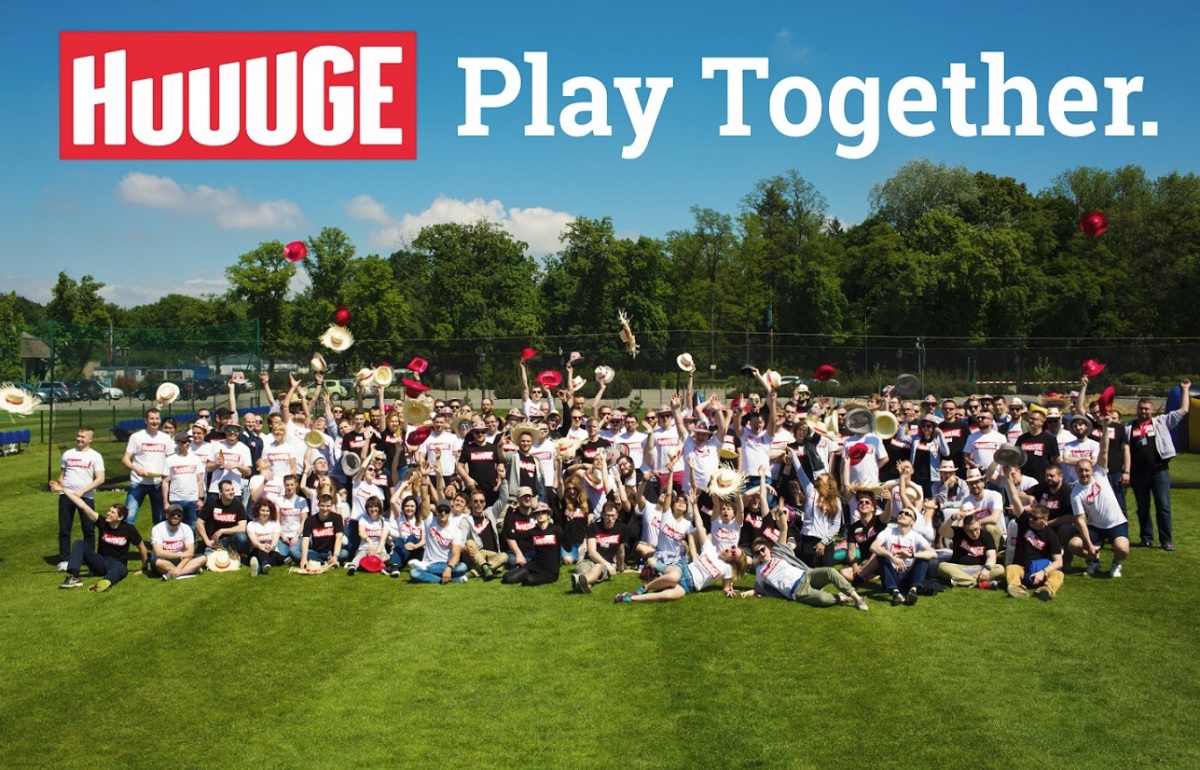Huuuge Games came late to social casino games, launching its Huuuge Casino in late 2015. But the company has carved out a niche in the $4 billion global market.
Anton Gauffin, CEO of the Palo Alto, California-based company, said in an interview that the company will hit about $150 million revenues in 2017. That puts it at about No. 9 in the market, behind leaders such as Playtika, Scientific Games, Zynga, IGT, and Aristocrat. The latter just acquired Big Fish Games for $990 million from Churchill Downs, combining the No. 5 and No. 6 companies in the space.

Unlock premium content and VIP community perks with GB M A X!
Join now to enjoy our free and premium membership perks.
![]()

![]()